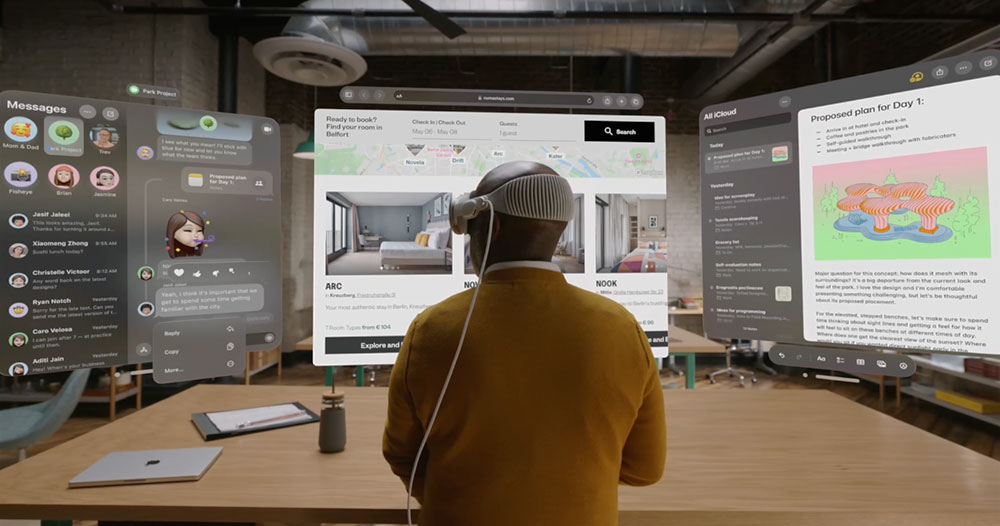
Nokia Siemens Networks is introducing environmentally friendly products that offer end users not only a sustainable business model but also bottom-line savings.
Taking aim at the largest source of energy consumption in a typical telecom network environment — the wireless network’s base station site — Nokia Siemens Networks has rolled out its so-called Energy Efficiency solution.
Combo Approach
This package — a combo of software, hardware and services — minimizes the number of base station sites as well as the need for air-conditioning to cool the sites, uses the latest base station technology, and deploys software features to optimize the use of radio access for wireless communications, Nokia Siemens said.
The energy consumption of a base station site can be reduced by up to 70 percent in such a manner, according to the company. Other products allow companies to create new types of sites in previously nonviable locations. Using the Nokia Siemens Networks Flexi Base station, operators can locate complete base stations in places and positions where conventional base stations cannot be located due to limitations on size and weight, the company said.
Traditional base station sites are located indoors, where the typical temperature of 25 degrees Celsius is maintained with energy-consuming air-conditioning, it explained. By increasing the ambient temperature to up to 40 degrees Celsius, energy consumption can be reduced by up to 30 percent in existing base station equipment.
Indeed, the company just announced that China Mobile Group Beijing will be implementing the Flexi Base station to comply with government policy that calls for strategic industries to adopt environmentally friendly technologies. Zhang Zhiqiang, head of Nokia Siemens Networks greater China region, said that the deployment will not only allow the company to save costs by reducing power consumption, but will also cut CO2 emissions.
Common Sense Sale
This dual approach — focusing on both the bottom line and the need for sustainable operations — is sure to appeal to Nokia Siemens’ customers, said Marty Lagod, principal at Firelake Capital Management, a Silicon Valley-based green tech venture capital firm.
“If you can reduce energy consumption you will reduce costs and that will lead to greater profits,” he told TechNewsWorld. “What company wouldn’t want to opt for a product that can do that?”
Besides the solid rational for cost reduction, he added, the potential threat to a brand name is also a growing concern for companies. No one wants to be depicted as a despoiler of the environment, he said. “It is much harder to quantify or measure the value of being seen as a good corporate citizen, at least compared to the hard dollar savings of energy reduction,” he said. “But this is something that more and more companies value.”




















































